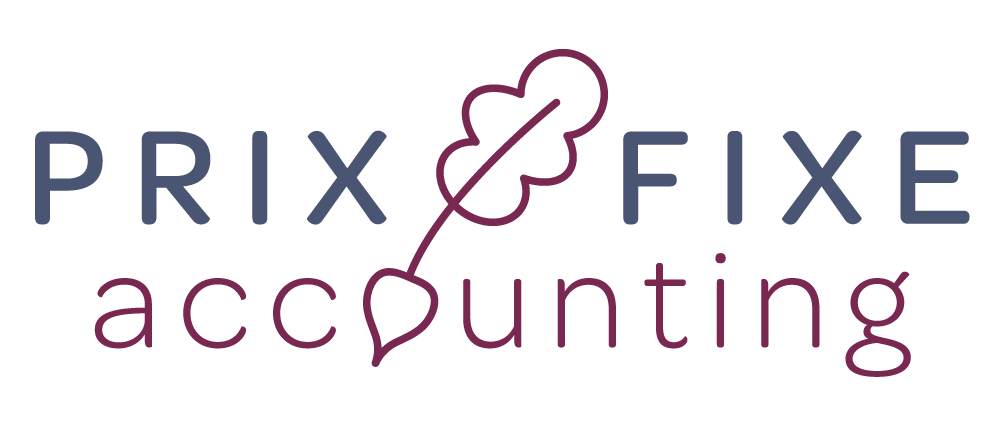If you’ve reached this page, congratulations, you’ve made it to the first blog post that isn’t ghost written by a merchant processing company. By now, I am likely dead, writing to you from the grave, assassinated by the merchant processing company’s mercenaries. But it was worth it, as I am leaving you with the knowledge to arm yourself with the tactics necessary to get yourself a fair processing rate.
What kind of monster would abandon a face like this?
Credit Card “Account Executives” or “Inside Sales Representatives” or “Vice President of Small Business Synergies” (or in plain english: con artists) are the worst. I’ll tell you right now that I would rather deal with a used car salesman, or even a used casket salesman any day of the week over these goblins. They are the type of individuals that would sell Baby Yoda to the empire and not look back.
They talk 9000 miles an hour, answer every question with “yes”, and call you 400 times a day, because for some reason, they don’t understand the concept of email. Best of all, once you sign on the dotted lines, these cretins disappear into the ether, never to be seen or heard from again. They, of course, are off to suck the soul out of another unsuspecting business owner and cannot be bothered with your peasant issues.
I have developed a sick passion for dealing with these soulless vultures. It’s my hobby to turn the tables on these monsters, and give them just a sliver of the pain they issue forth onto business owners. Watching two or more of these salesmen knife each other to death gives me an unreasonable amount of satisfaction.
Oh great! A bunch of stupid terminology!
Let’s get a few things out of the way. There’s a lot of terminology in merchant processing. It’s there to not only confuse you, but to hide the costs. It sucks, but it's the nature of the beast. So here’s about 35 terms that are sure to have you scratching your head:
Interchange Rate: A fee that is set by the credit card brands and paid to their member banks. Interchange is charged to credit card processors, whom pass the cost along to you as part of the discount fee. It makes up the largest portion of credit card processing fees.
Discount Fee: My personal favorite. Guess what? There’s no discount. It is a percentage fee charged by a merchant processor to its clients (you) for processing services, plus interchange and assessments paid directly to the credit card brands and issuing banks. This is essentially the processor’s fee on top of the interchange rate.
Effective Rate: Your total credit card sales divided by your processing for the month. If your credit card sales total $50k, and your processing fees were $1,250 then your effective rate would be 2.5%. At the end of the day, this is what matters.
Basis Points: Basis points are the percentage that you are charged on a credit card transaction. One basis point is equal to 1/100th of 1 percent. Thus a rate of 2.33% is equivalent to 233 basis points. Oftentimes you will hear the term basis points in regards to rates. For example, 75 basis points is the same as saying 0.75%.
Merchant Services Provider: Credit Card Processor
Gateway: A system allowing for online transactions (Think Paypal or Stripe)
Credit Card Terminal: The physical device that you pass the credit card through. They can be very simple “swipers’ (That you swipe the magnetic band of the card through) or chip enabled. Depending on the features, they can be very simple (a square reader) or very fancy (like a Verifone MX925).
EMV: Also known as Chips, they are the little square computer chip on your cards that came out recently. They are more secure, and at this point, it is expected that you are going to take payments via EMV rather than swipe. It will actually cost you more if you use a swiper.
Batch: Your transactions for the day. There is a batch cutoff that can be set for whenever you want (usually an hour or two after close, but if you are fine dining, it may want to make it 3 hours after close). There is a cutoff time for the processor itself. If you continue to process your batch after their cut off time, the batch will take an extra day to process. For example, if your batch cuts off at 9PM, but the processor cuts off at 8PM you won’t see your deposit on the next business day, but the day after that. DO NOT SET YOUR BATCH TO PROCESS BEFORE YOU CLOSE or your accounting will become a nightmare.
Interchange vs Flat Rate
So, now that I have you thoroughly confused, let's get down to the nitty gritty: the details that truly matter. There are two pricing models in credit card processing.
First, there is interchange are rates set by the card companies (here is mastercard’s). The processors add their discount rate, and a transaction rate. For example, they’ll say “ Interchange plus .1% + $0.10 discount rate. The interchange rate depends on the card that is presented. If they hand you a regular mastercard, it would be 2.95% + $0.10 , or with the discount fee added, 3.05% + $0.20.
Second, there is a flat rate, where the rate is the same no matter what. If Square charges you 2.6% + $0.10 per transaction, it's the same rate regardless if it is a discover, mastercard or visa.
So, what’s the better option?
*Sigh* So, here’s the thing, it's realllly hard to tell at first look. If you get a lot of international business or people with rewards cards, flat rate is probably better. If you get a lot of debit cards (debit cards are super cheap to process), then interchange is probably the way to go. You can have the salesman generate a quote based off your merchant processing statement (a statement just like a bank statement) you provide to them.
Okay, so what now?
Now that you are armed with all of this information, and pent up rage, you’re ready to release it unto the processing world. If you have a POS, look on their website to see who they work with. If you don’t have a POS yet, WAIT, you still have all of the power in your hands. Some POS’s require you to use their processing, which sucks, but it's not the end of the world.
Reach out to a couple of processing companies and get the conversation started. There are basically four main players out there. FIS, Cayan/TTYS, Heartland and Elavon. If you are looking at POS’s they would also be in consideration here. If you currently have a processing contract, make sure they know that, and they will be prepared to pay your cancelation fee. Pull together the last three months of your current merchant processing statements and send them over to Chad, or Brad, Scott or Kyle (there is a 98% chance of one of the four of those options being their name). Now, they’ll send you back a quote that is their basic offer, it’ll likely be interchange plus .25 or something like that. Get their email (they do have one despite their incessant desire to call you) because you’re never going to talk to 3 of them on the phone again. They’ll try to call, screen the calls and make them email, it's a waste of time, and they need to play the game on your terms. Get quotes from all of them.
Now, here’s the fun part. Give the quotes to all the other sales guys. Pit them against each other. Scott undercuts Chad, Chad tells you about a hidden fee that Brad’s company has and Kyle give you free hardware. Each one of them climbs over the other to get your business exposing each others flaws and deficiencies. Watch as in glee as they fight over you.
Let it continue, with each round of discounts, and free shit, the tides will continue in your favor. Sure, Kyle may drop out, but inevitably two or three will continue on, hoping to add you as a notch to their belt, vying to become the “Vice President of Small Business Synergies” of the month. That’s fine, you’re using them as well. Eventually, it will come down to two. The discount rates will get down to .05%, or if it’s flat rate, 1.9% + $0.10. They’ll say they can’t go any lower, and they probably can’t, so now it is time to pull in the fringe benefits. Ask for free hardware. If they’ve already given it to you, ask for nicer hardware. If you already have the best, ask to see what kind of fee’s there are (annual fees, activation charges, etc) and get them waived. Get shorter terms to the contract (long terms never work in your favor).
At the end of this, Brad and Chad are still standing, bloodied, and penniless, ask them one final question: “Well, you’re as low as you can get, but why should I choose you over Brad?” Chad will either go lower, or make a terrible mistake and say the words “we have better customer service.”
You now have Chad’s soul in the palm of your hand. Get Chad’s direct line, his cell phone number and his bosses email and direct line. That’s customer service. If you ever have an issue, you blow him up, and you blow his boss up, and you make him pay for every ounce of pain that his company causes you. You ask for refunds. These direct numbers are key, because very frequently, they will try to pass you off to the customer service number. If you have ever called that main number before, you know why you don’t want to do that. You want a human, and Chad is your only chance at having a human’s contact information with these faceless corporations.
Renegotiate Often
These companies will often buy out termination agreements, so feel free to shop around every year. A couple of hours work can save you thousands of dollars a year.
Looking to upgrade that stale old Point-of-Sale?
We can help guide you through the selction process, and find the perfect POS to fit your needs? Delivery, Online Ordering and Reservation Management? We can help with that too!





